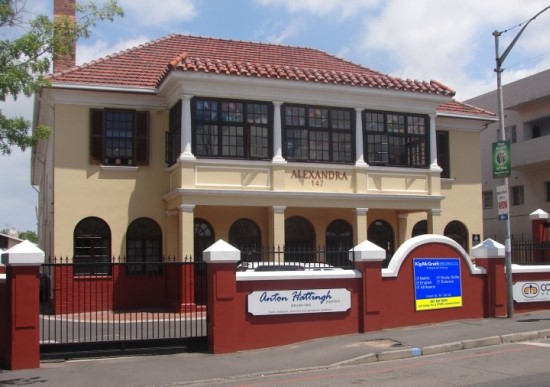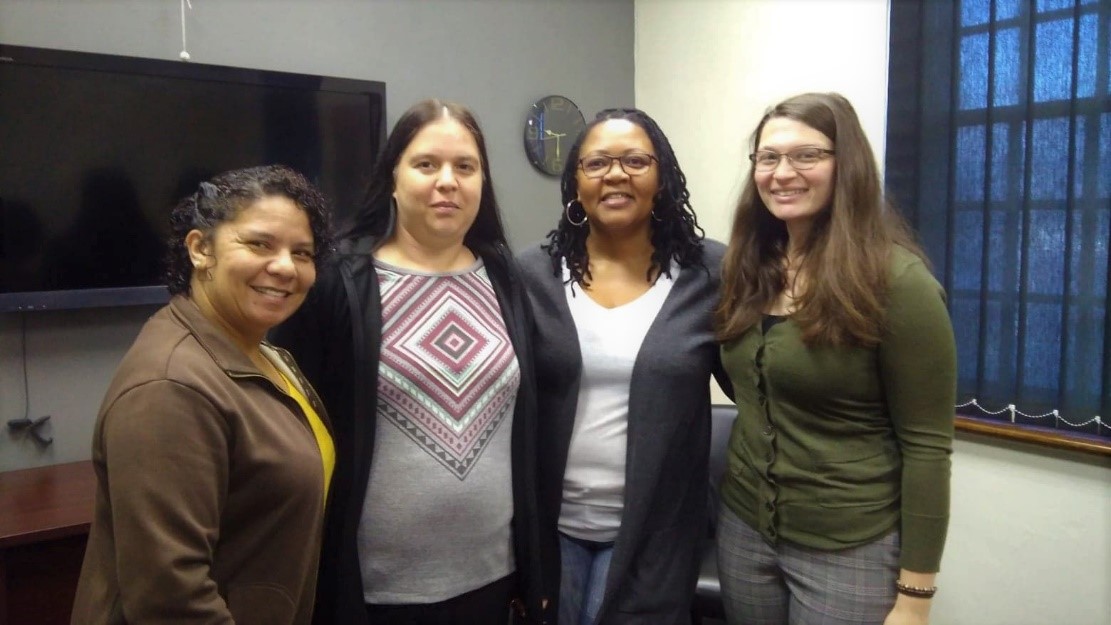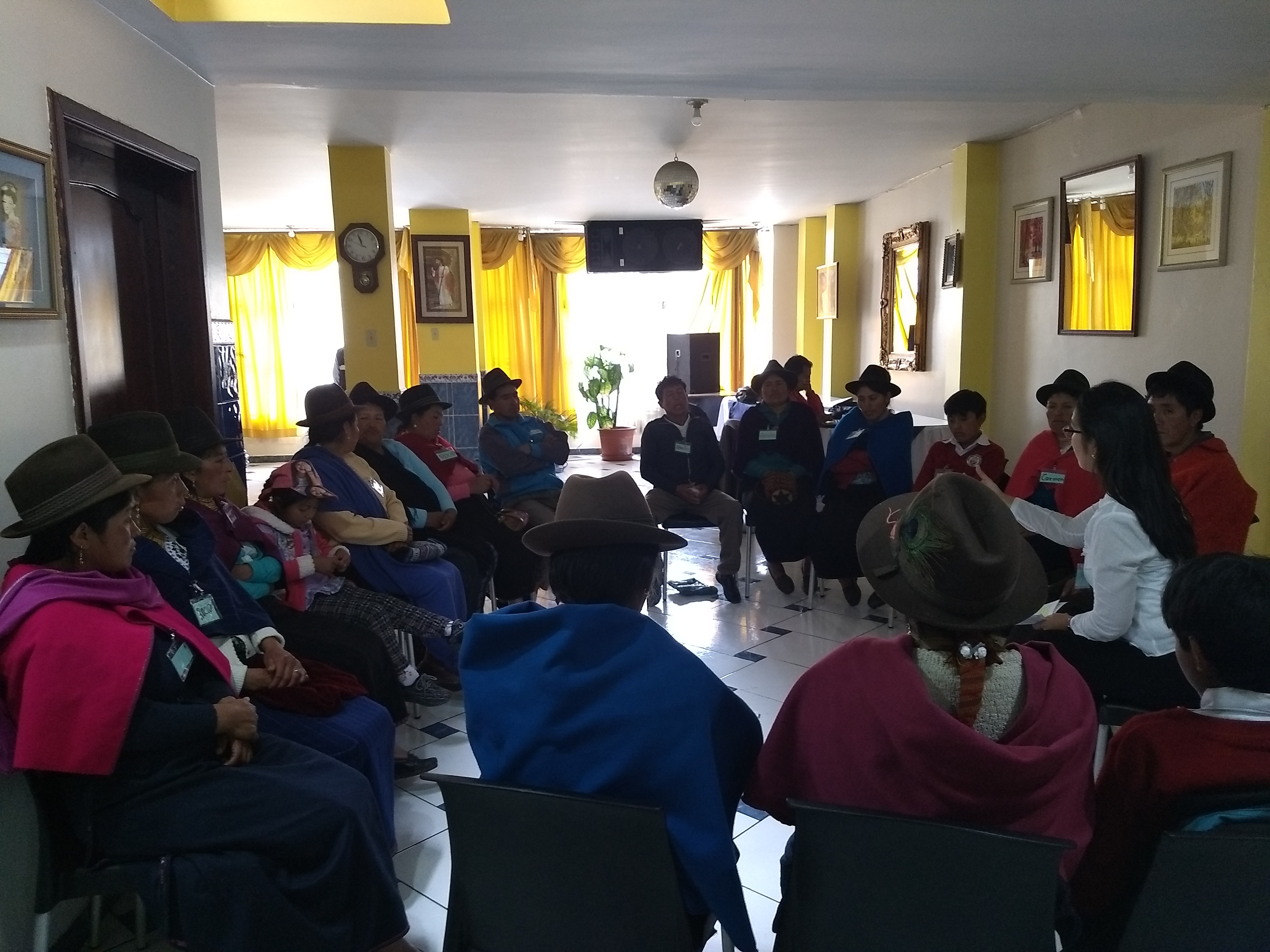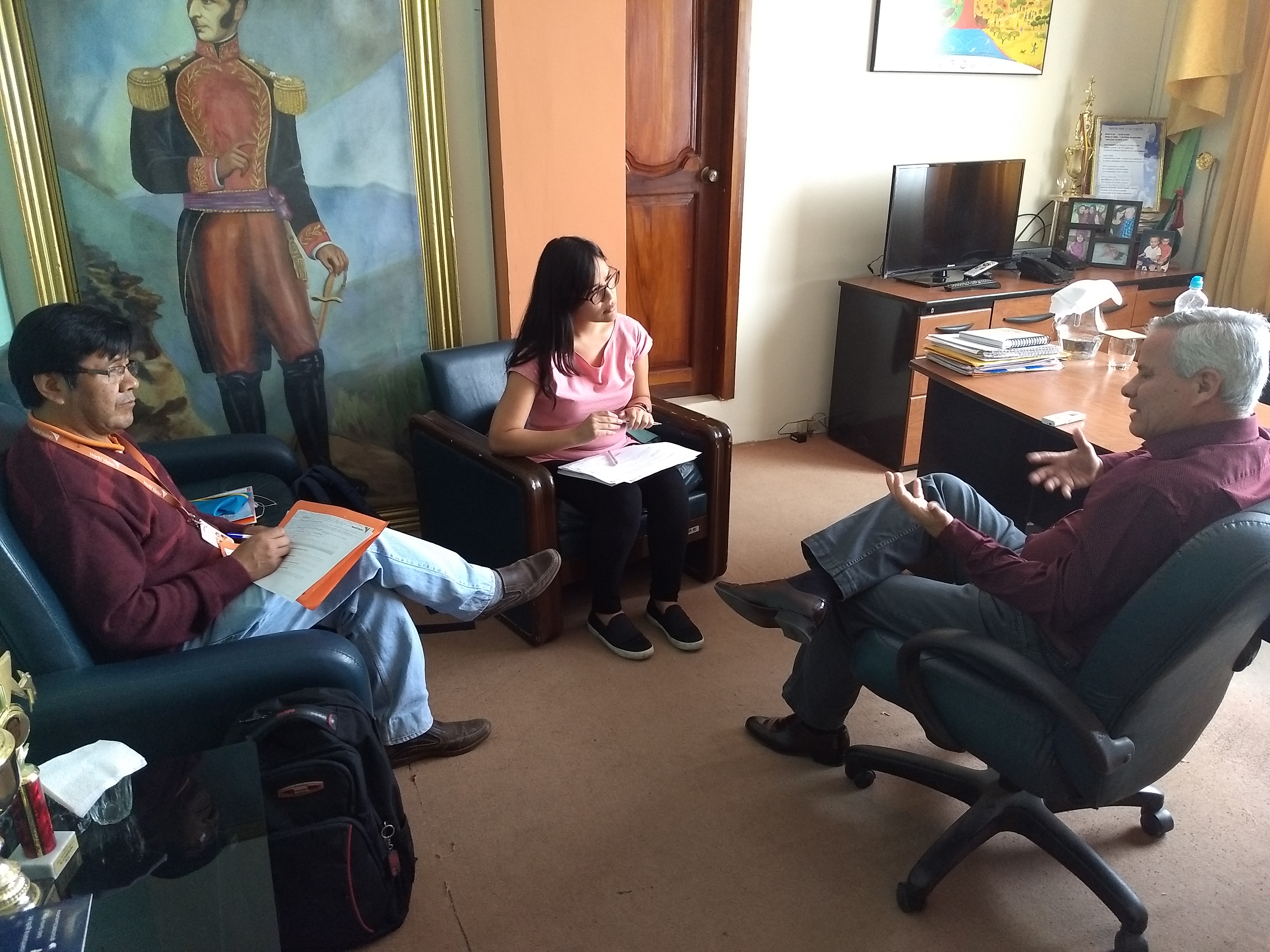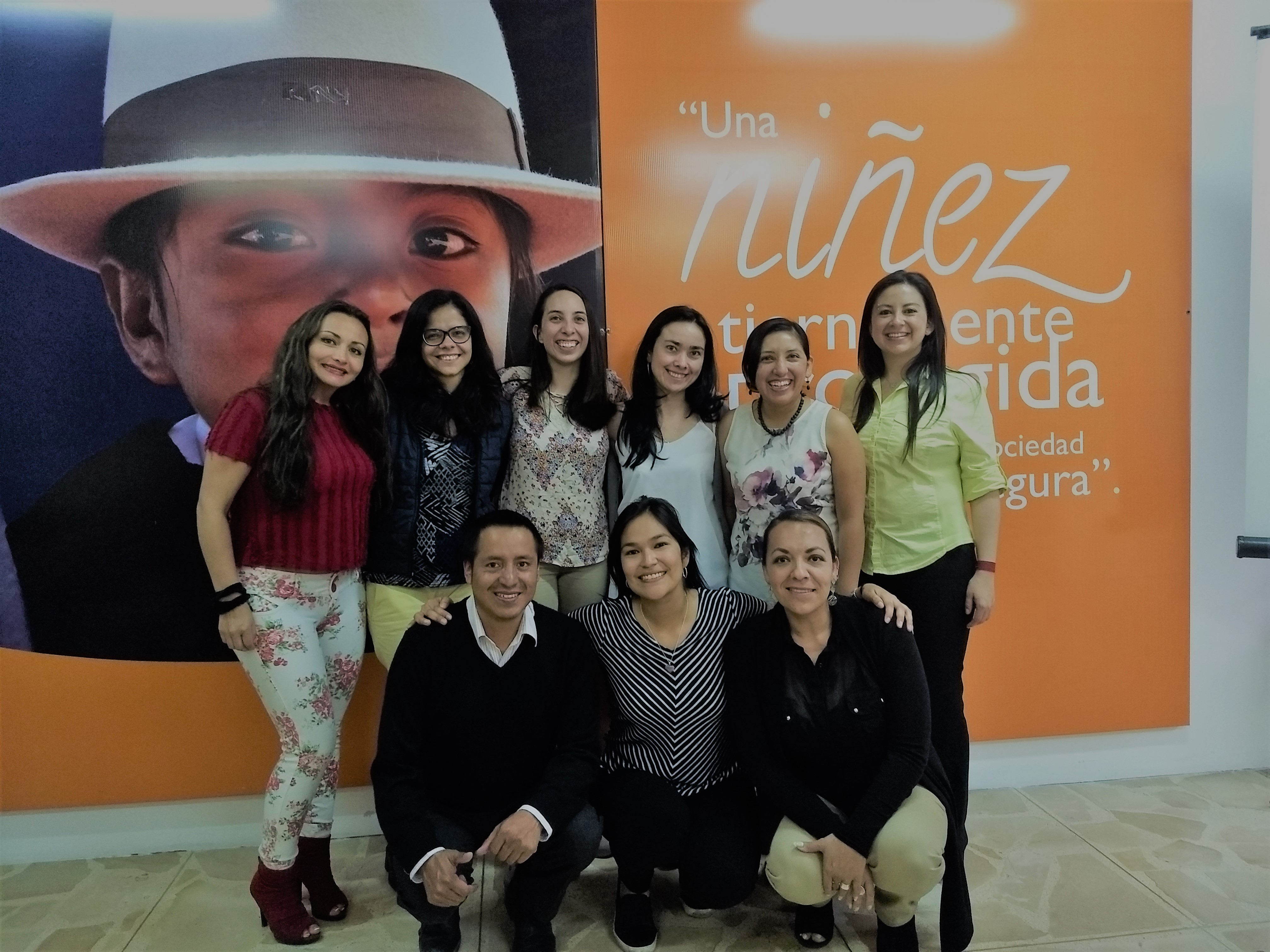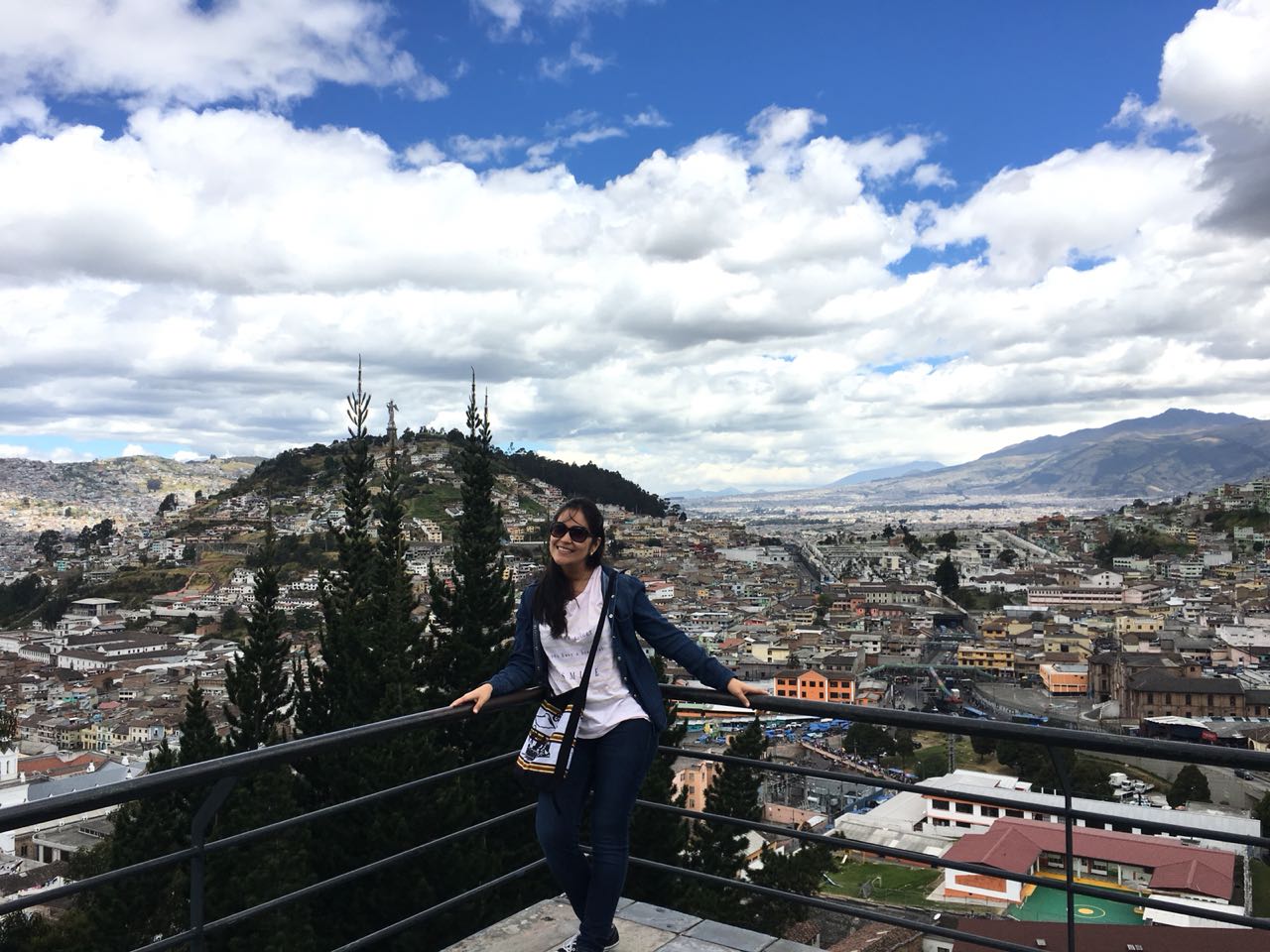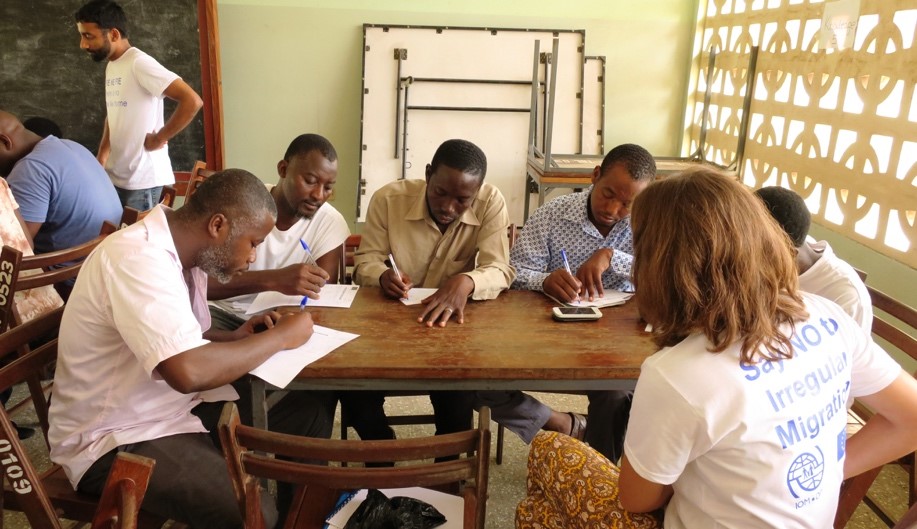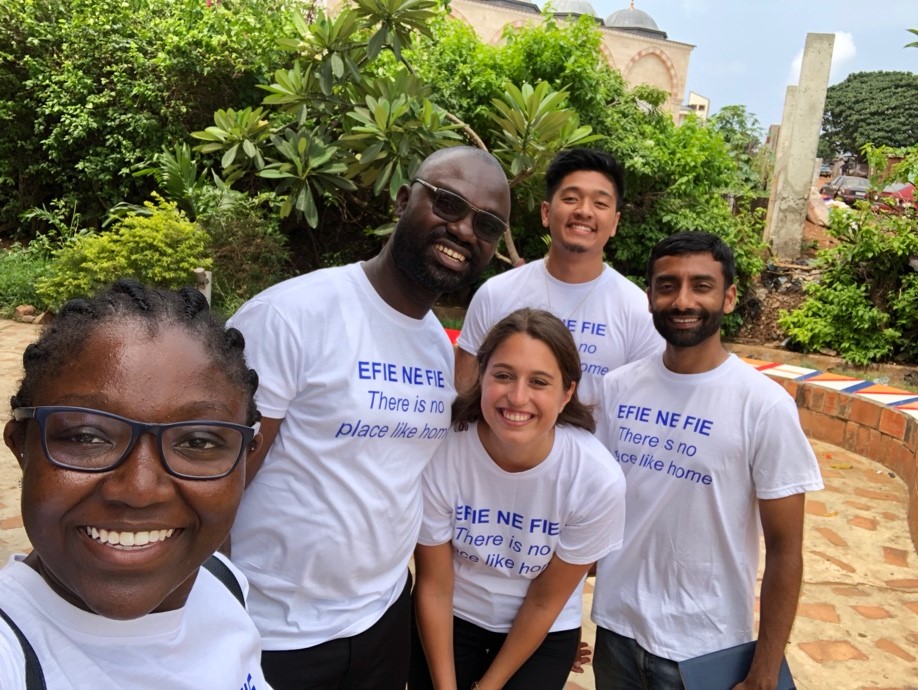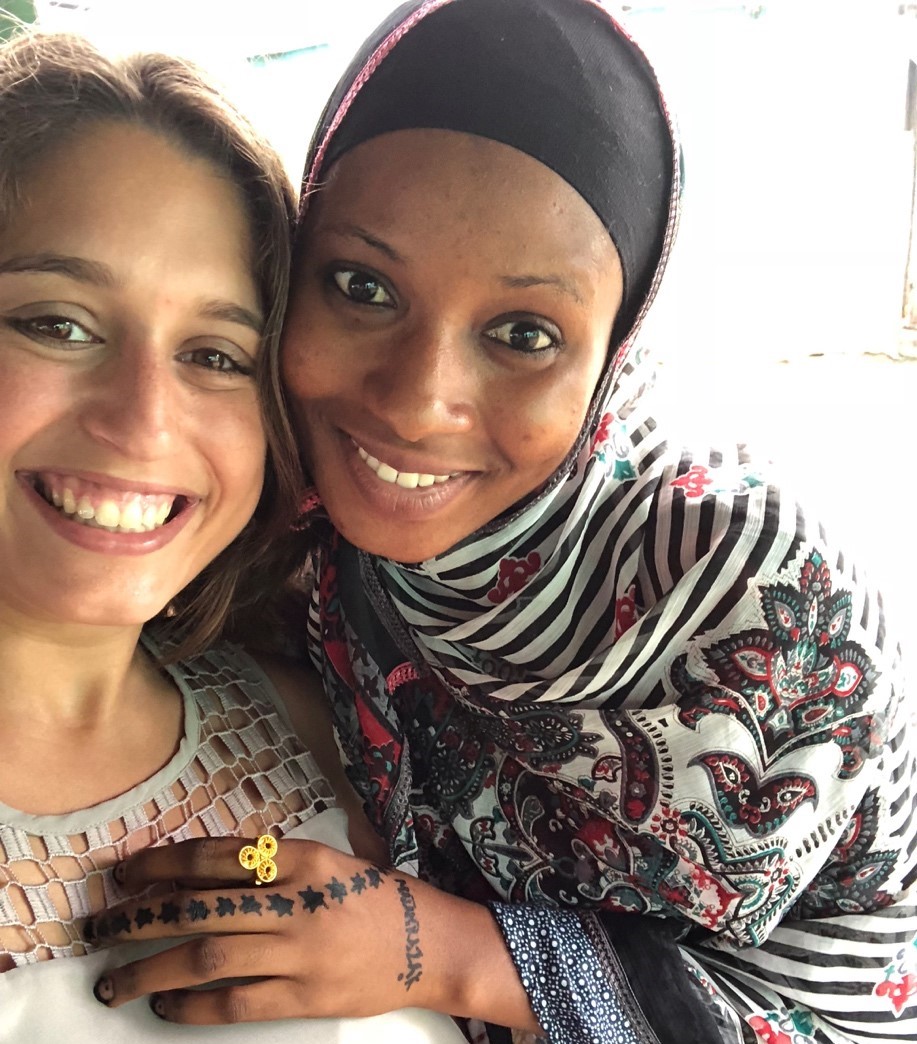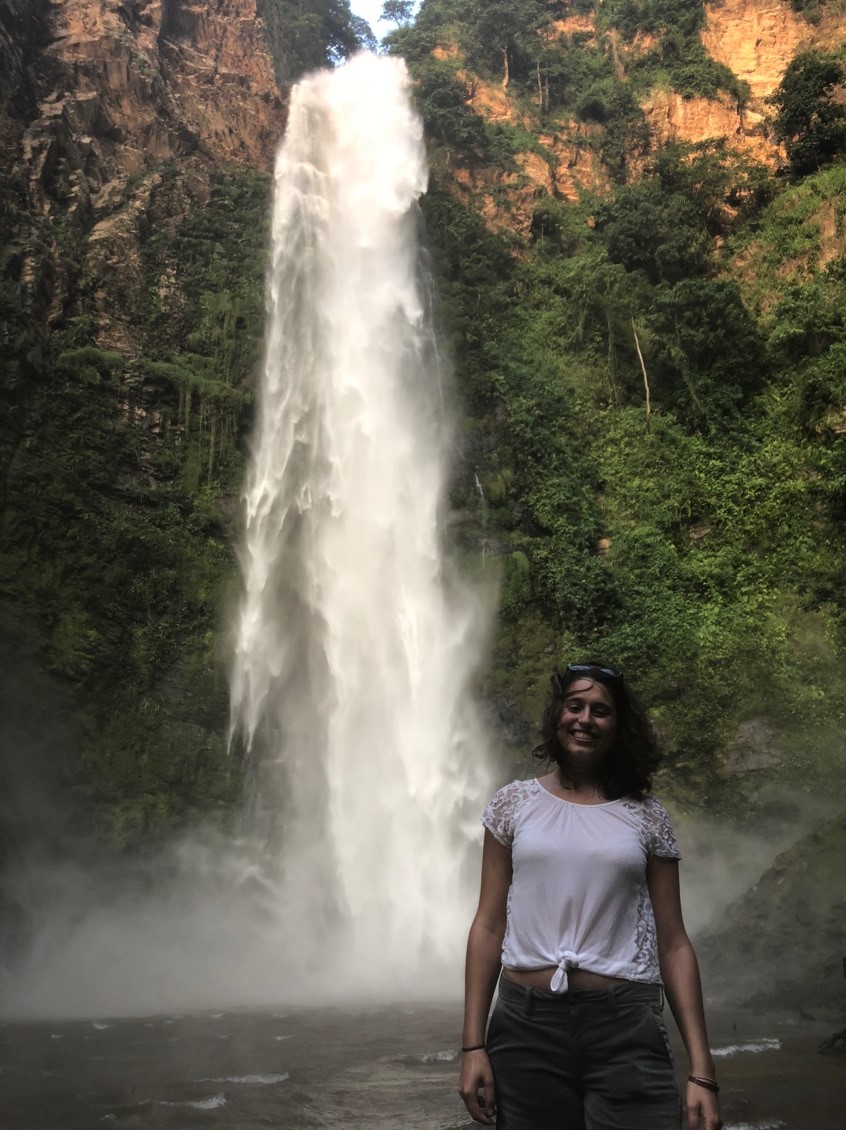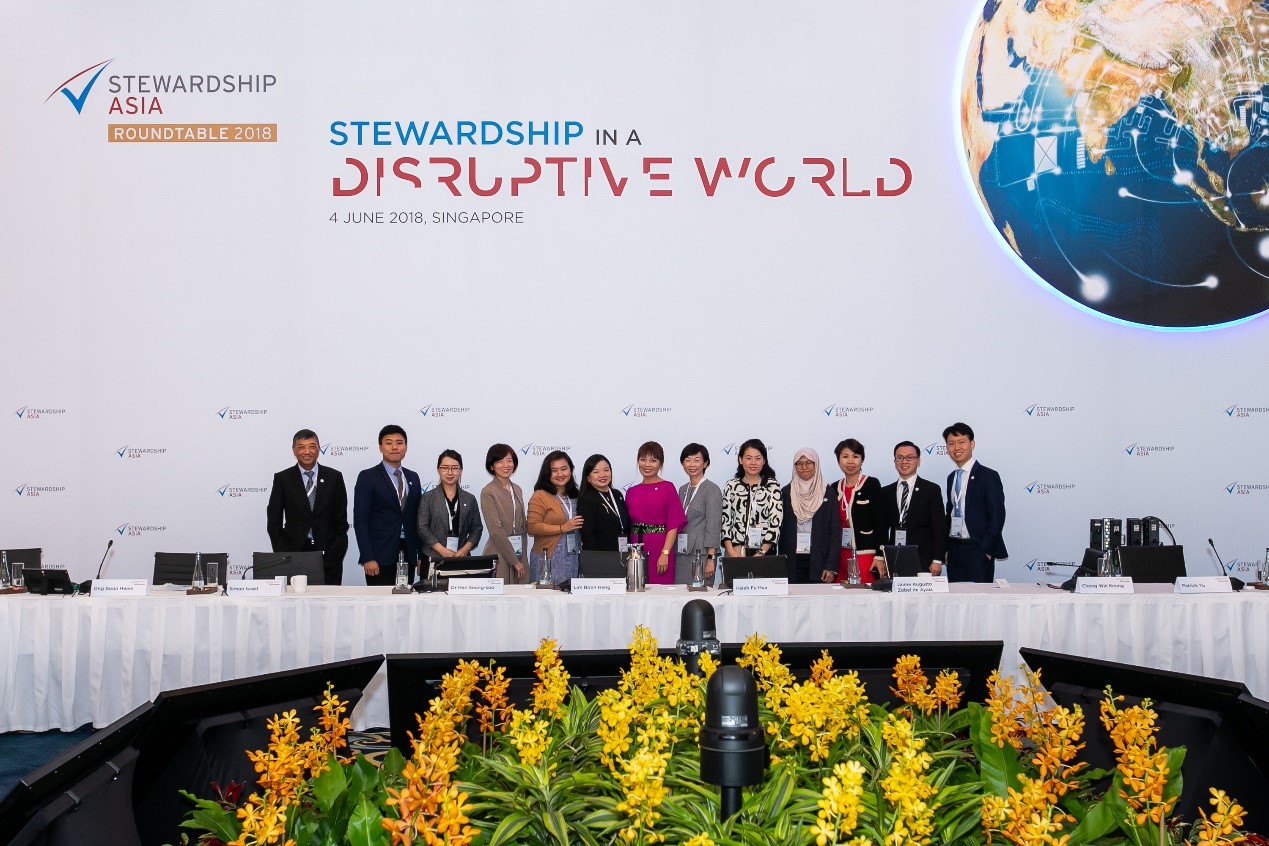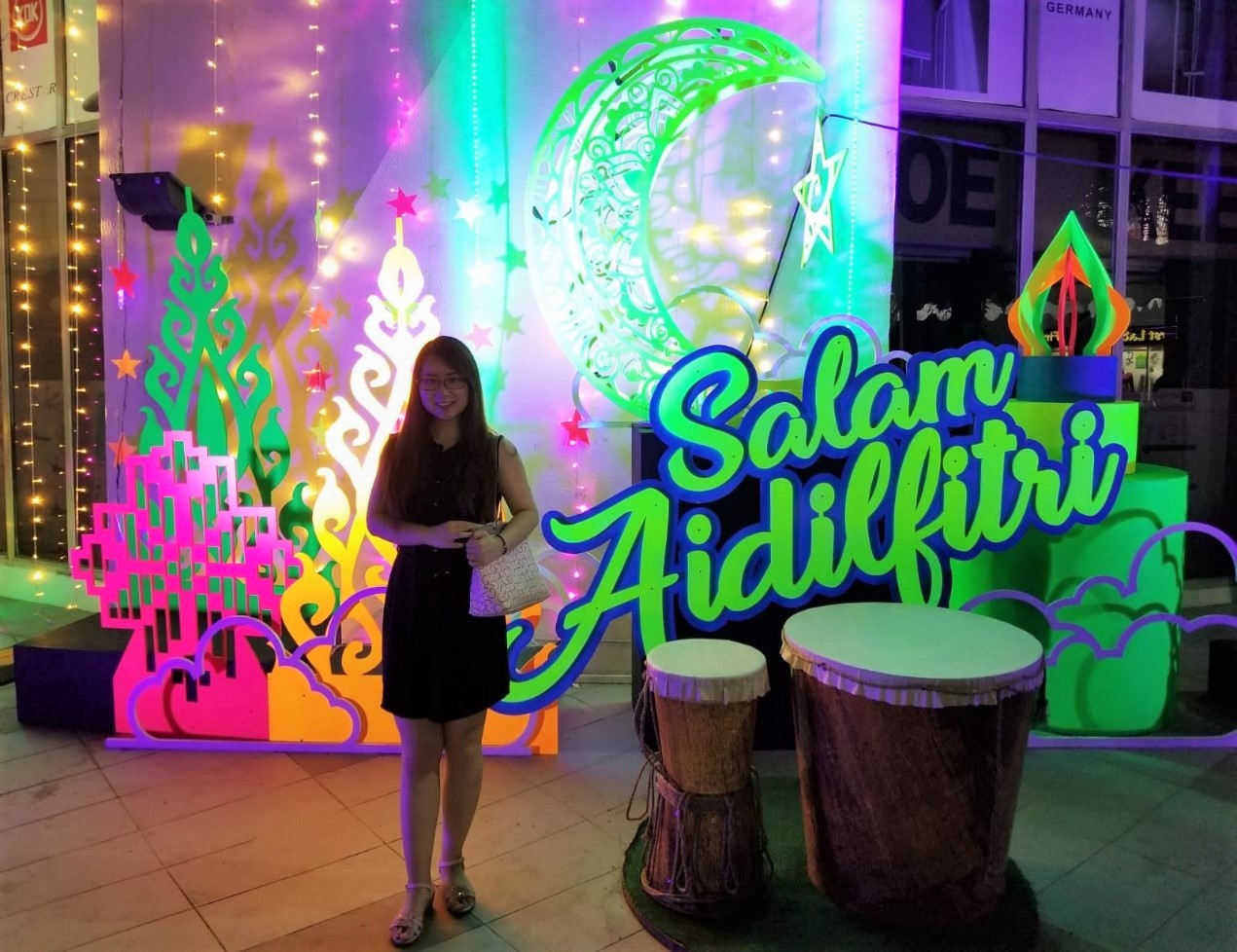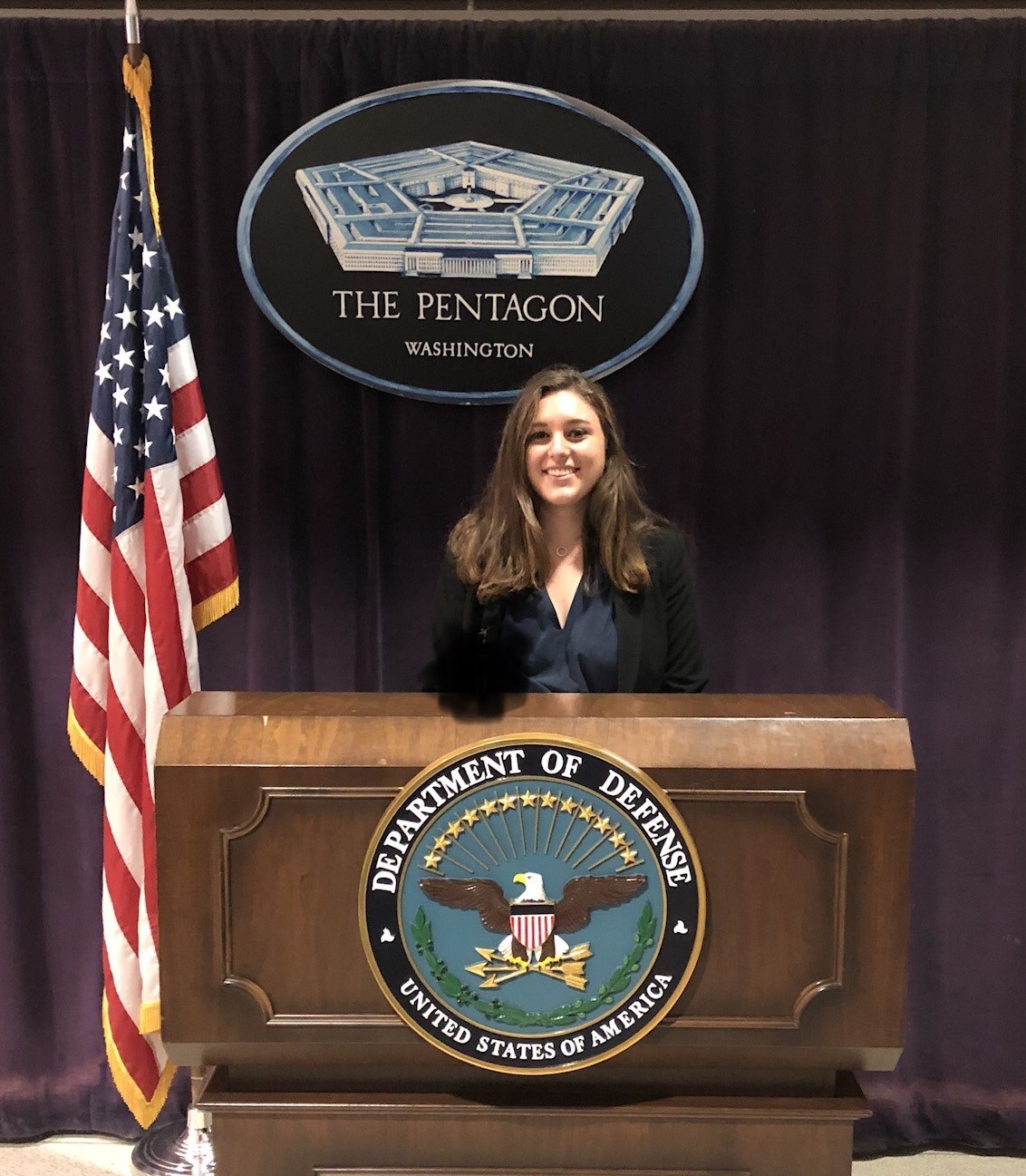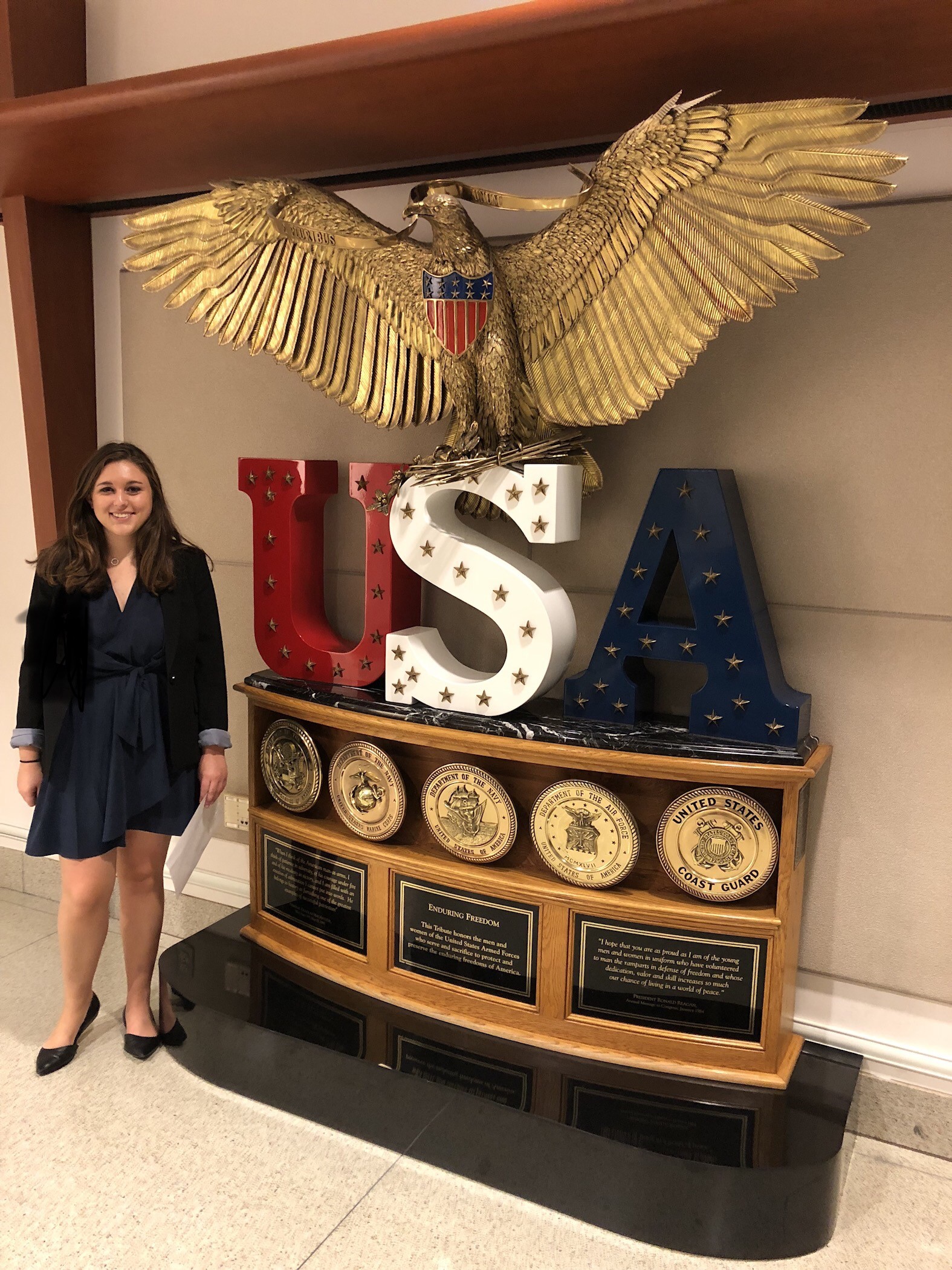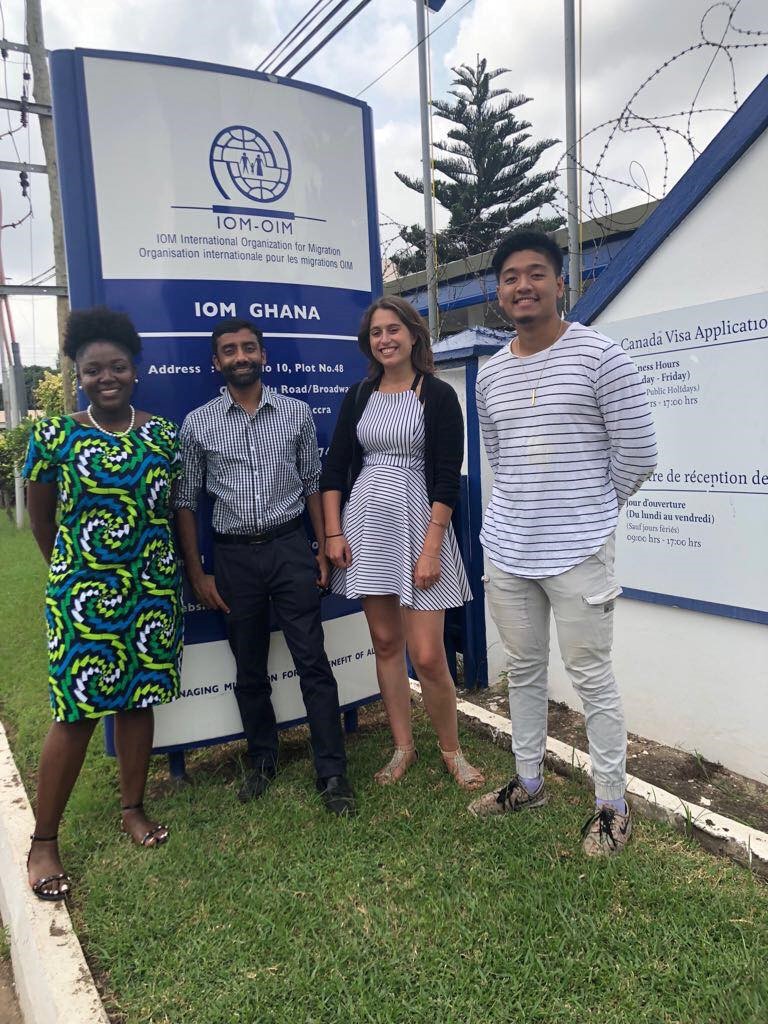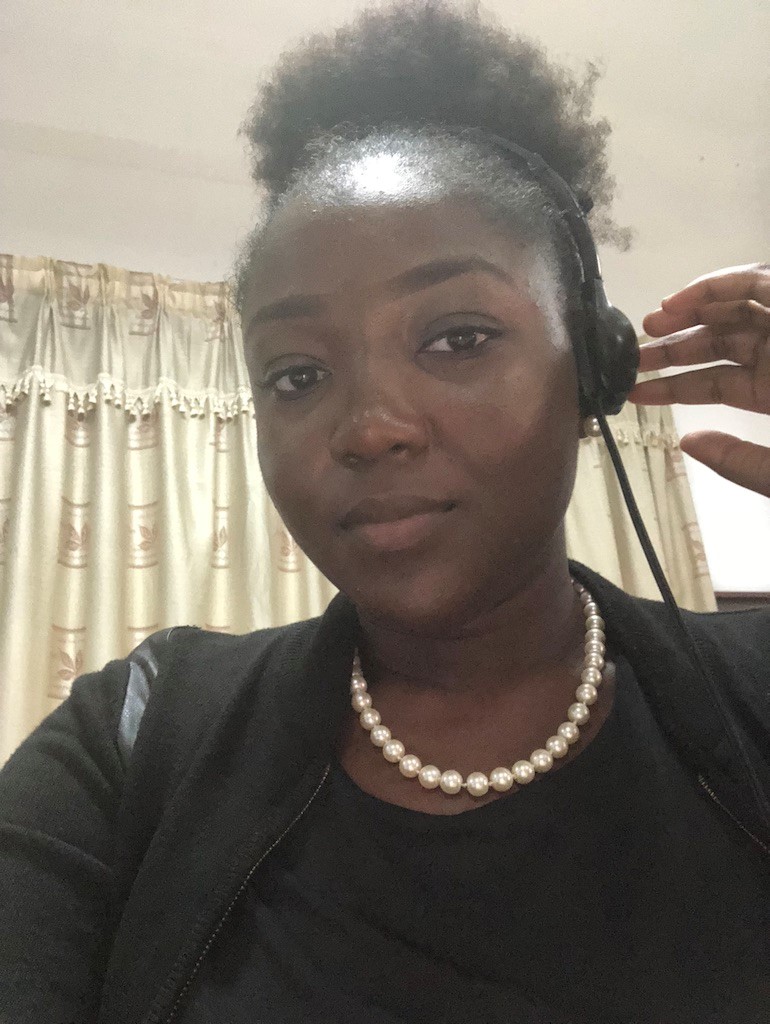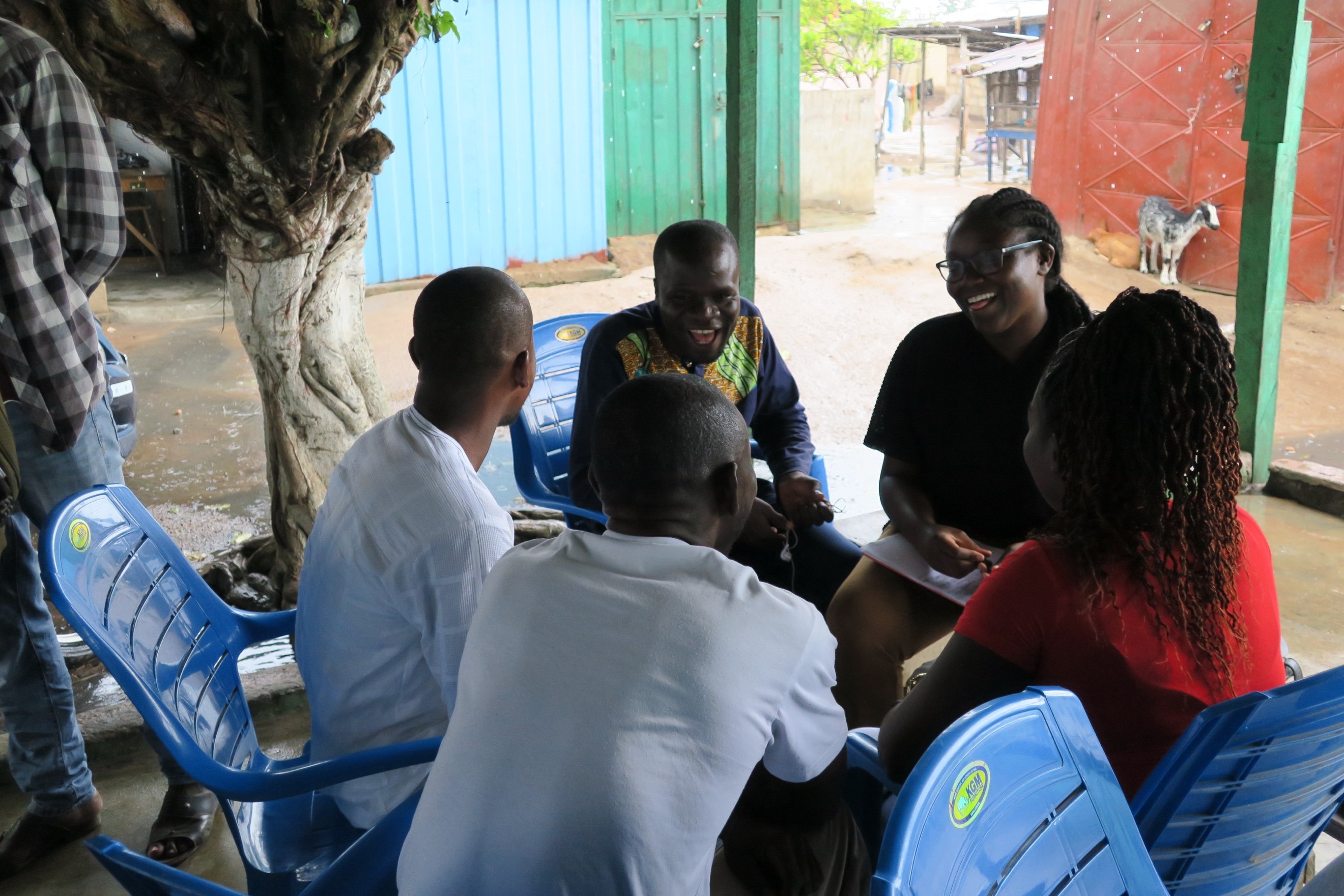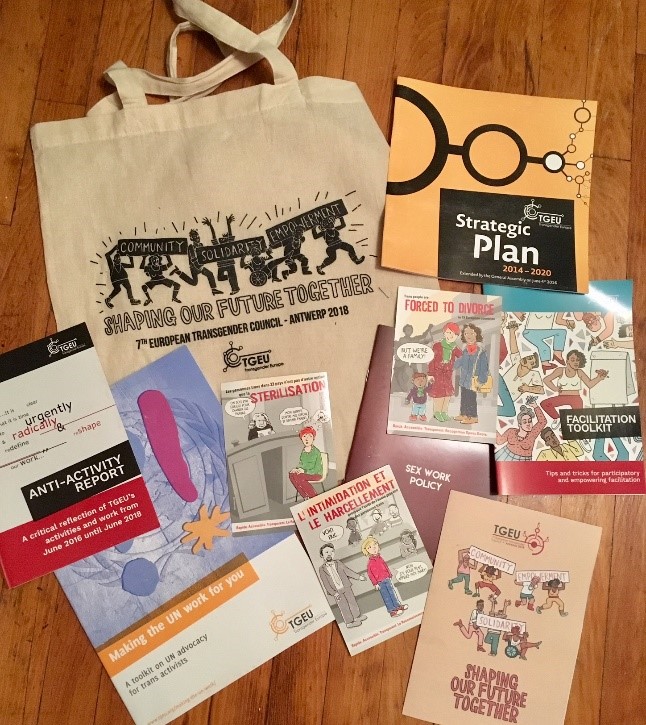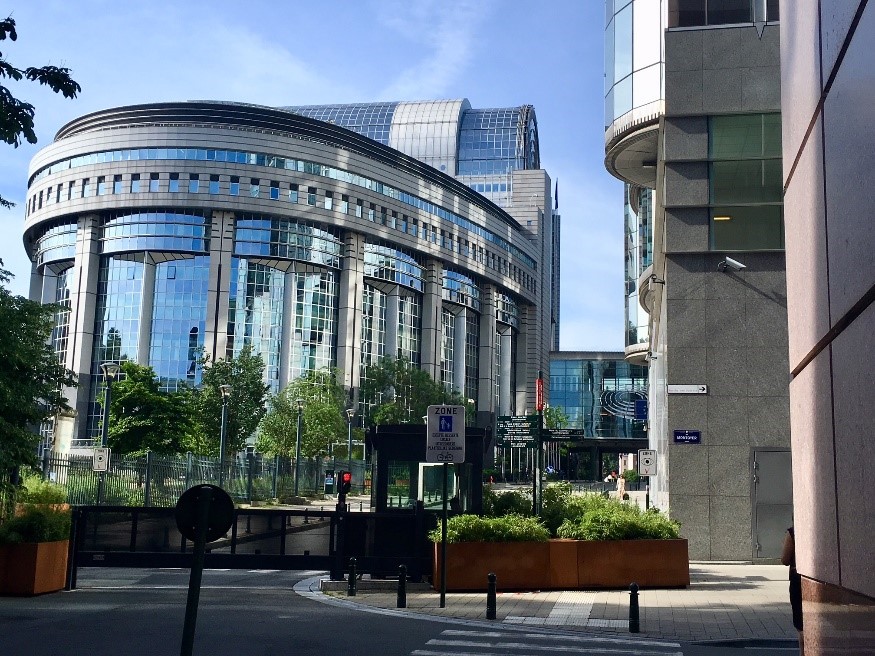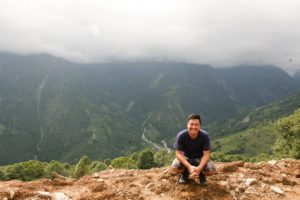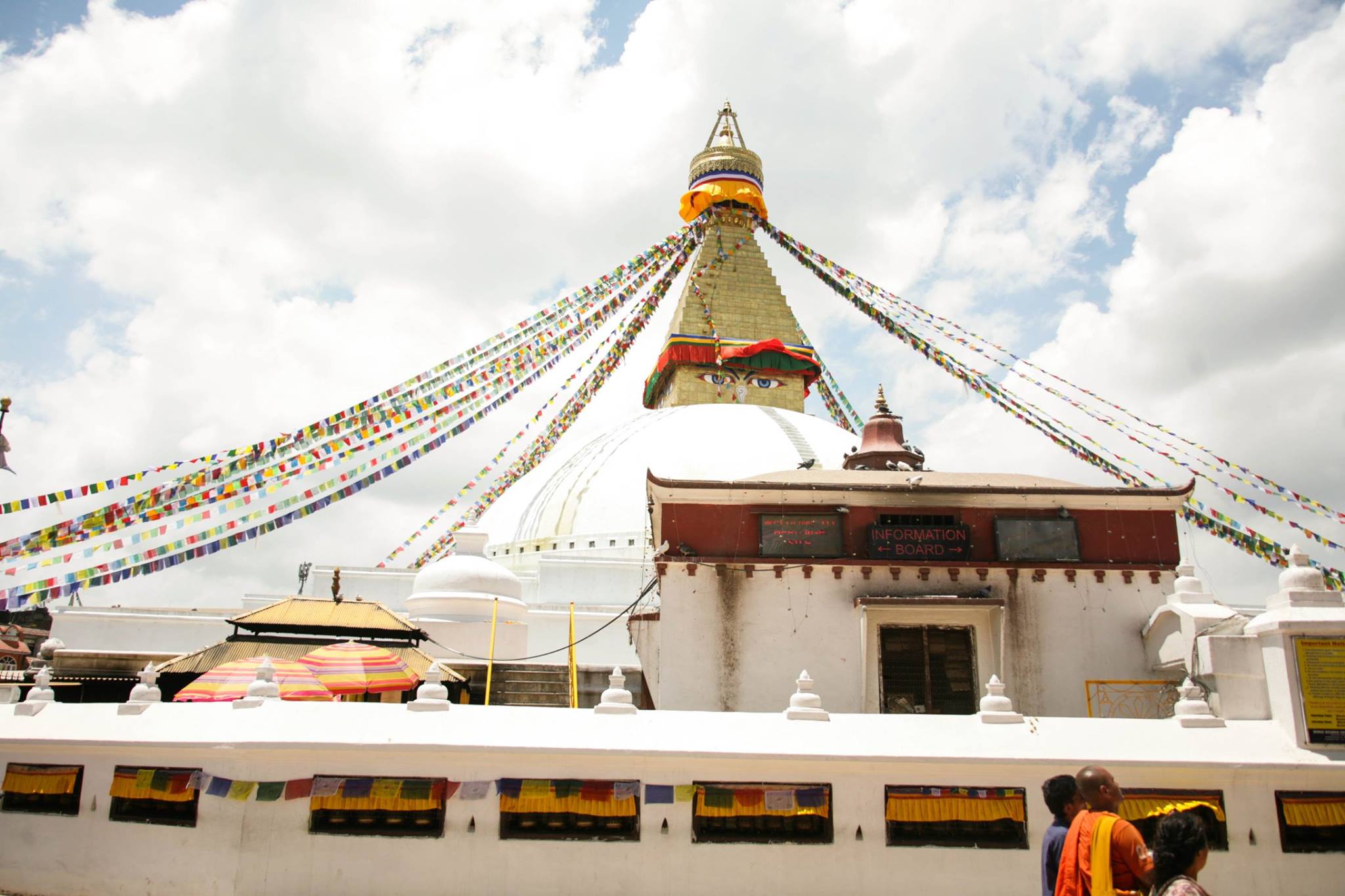This past summer, I had the opportunity to live in Strasbourg, France as a participant of the Summer Internships in Strasbourg program. I interned with the Council of Europe as well as studied religion and human rights at SU’s Strasbourg Center.
The Strasbourg Center is in a perfect location, surrounded by diplomatic missions and easily accessible by several bus and tram routes. The Center very quickly becomes the focus of your day to day life. They organized monthly picnics with foods from the local market and weekend excursions in France and Germany for all students. Even from before our arrival the staff at the Center was very active in making sure our arrival and adaptation to Strasbourg was smooth. They answered all of our questions and helped a couple of us find a place to get our laptops fixed. I was even able to use the Director’s connections to find my next internship at Caritas in Bosnia.
During the summer there are students participating in several programs: engineering, French language, religion and human rights, or the intern program. They were all undergraduate students both from SU and from other universities. But by the second week, we were all good friends, hanging out after class and on the weekends. It’s been several months since the end of the program, but we all still talk to each other.
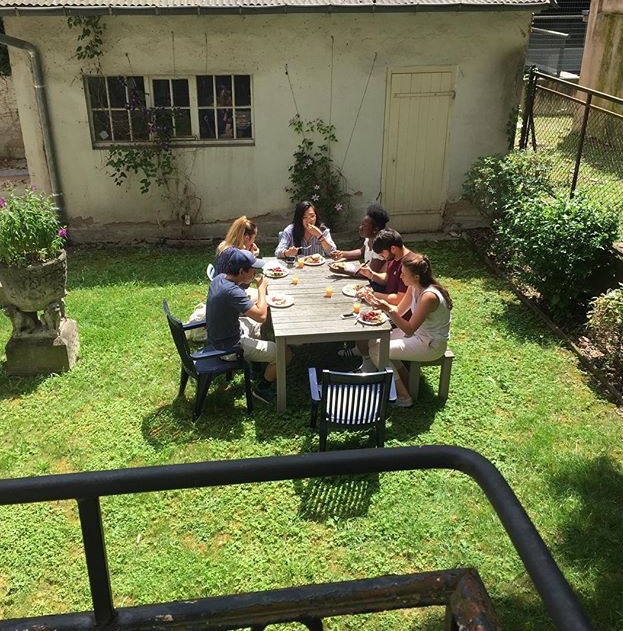
Living in Strasbourg is quite relaxing and easy. The city’s public transportation is extensive and easy to use. The trams can take you anywhere, even across the Rhine to Germany! The Center provides you with a renewable pass so that you have unlimited access to public transportation. But, if you leave yourself enough time, it’s quite enjoyable to just walk everywhere too. There is an option to live with a host family, but I decided to live by myself. I had a quaint little apartment in an area known as Petit France looking over the canal. I lived above a typical Alsatian restaurant, and every morning and afternoon the wait staff would say Bonjour and exchange some pleasantries. It really made you feel like you were apart of French life!
The religion and human rights course is extremely interesting. While I focus on human rights, I hadn’t explored this connection before. The professor, Yuksel Sezgin, teaches the course in a very approachable manner. It is very clear he is passionate about what he teaches and wants all of his students to walk away with an increased knowledge of the subject. For a grad student, the nightly readings were manageable, but more importantly were engaging. He used his connections at the local university and the Council of Europe to bring in guest speakers that really expand our understanding of religion and human rights in a comparative context. Even if you decide not to go on this study abroad, I highly recommend taking one of his classes on campus.
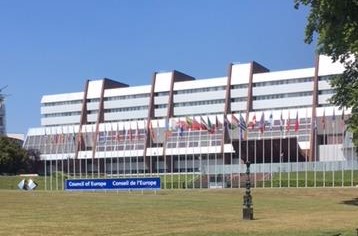
Interning at the Council of Europe was probably the highlight of the summer. Through the universities connection with Thomas Kattau, the Deputy Security of the Pompidou Group, I was offered an internship alongside another undergraduate participant. The Pompidou Group analyses trafficking trends and national strategies on drugs as well as promotes public health solutions to drug use.
While I was there, I worked on several projects. My first big task was to write the Meeting Report for the Annual Airports Group Meeting. For three days, I attended the meeting taking notes and meeting with various officials from across Europe and the world. It was an excellent opportunity to see how international organizations share best practices and “success” stories.
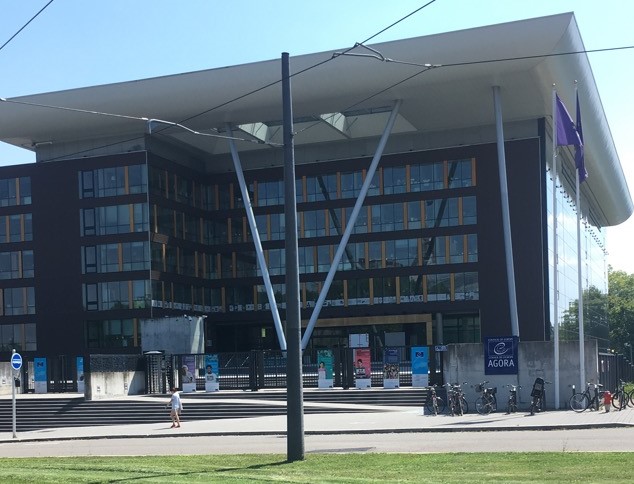
I started to work on preparing for the 17th Ministerial Conference that will be held in November. Among typical tasks like preparing papers on the project outcomes, making schedules, and writing speeches, I had a unique opportunity to set up an app for the event.
Everyone in the office made me feel welcome and included. They would pop by my office every now and then to chat and see how I was getting along with their assignments. I was always given interesting tasks to complete and many of them prepared me for my next internship.
Katherine Hewitt is a MAIR student on her last semester at the Maxwell School. She is currently interning at Caritas in Sarajevo, Bosnia and Herzegovina.

